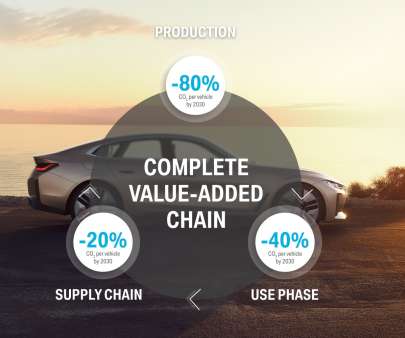Audi aims to reduce CO2 emissions by 30% over the vehicle lifecycle by 2025
Green Car Congress
SEPTEMBER 20, 2019
In the long term, Audi is pursuing the vision of CO2-neutral mobility and aims to be climate-neutral throughout the company on balance by 2050. We are committed to the Paris climate targets and will make our contribution to limiting the global temperature rise to less than 2 degrees. 97.9 - 111.9



















Let's personalize your content